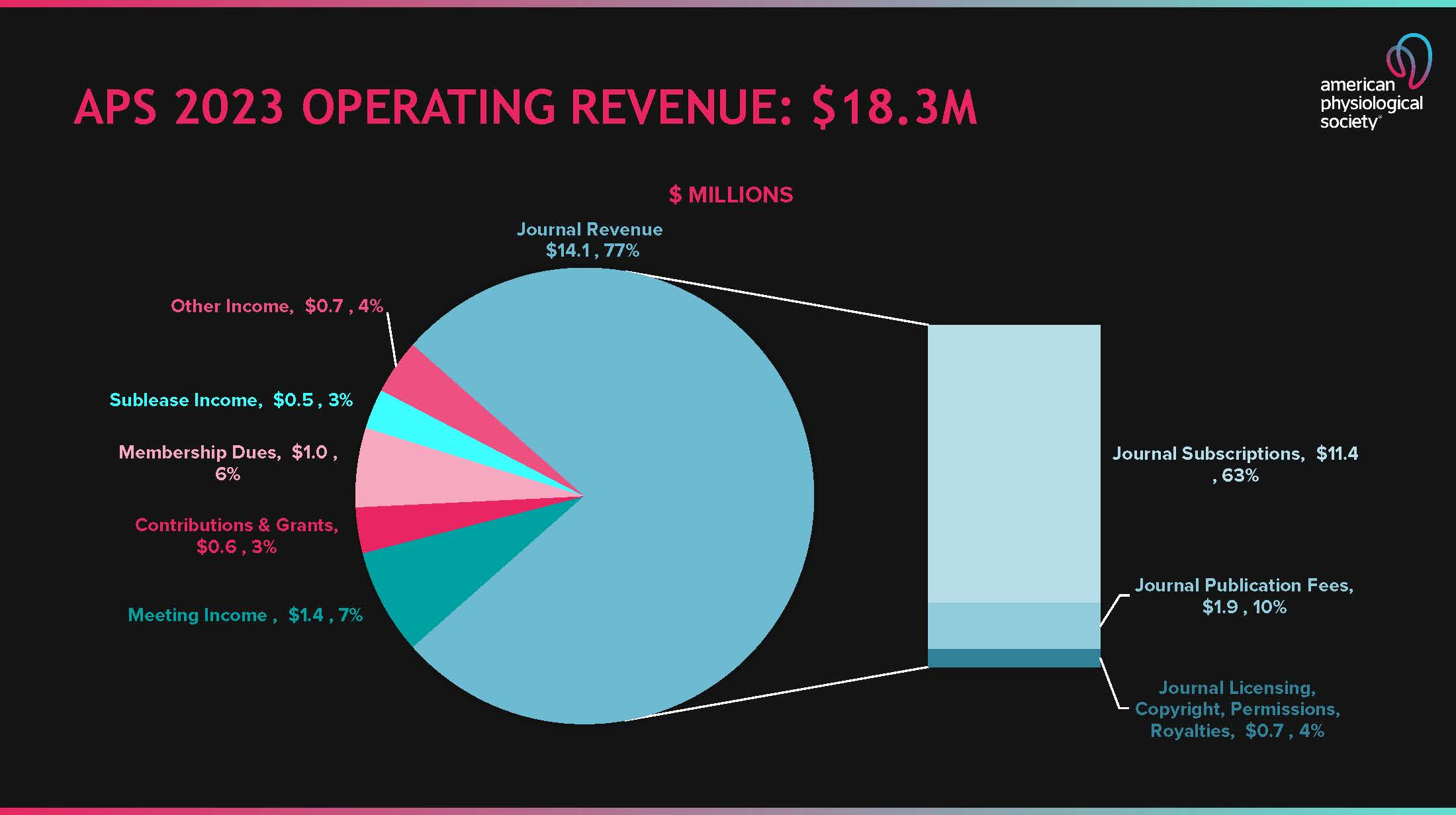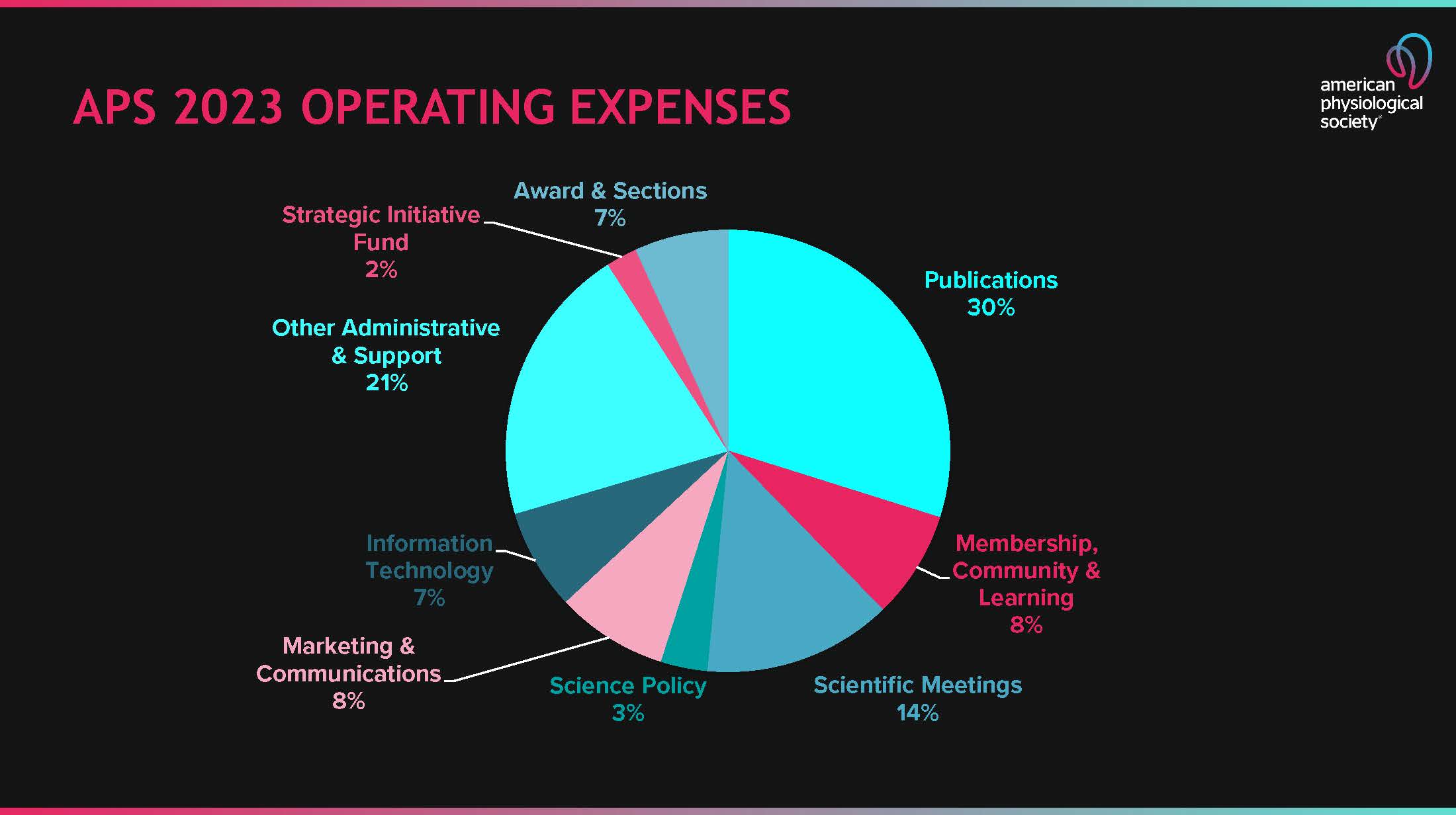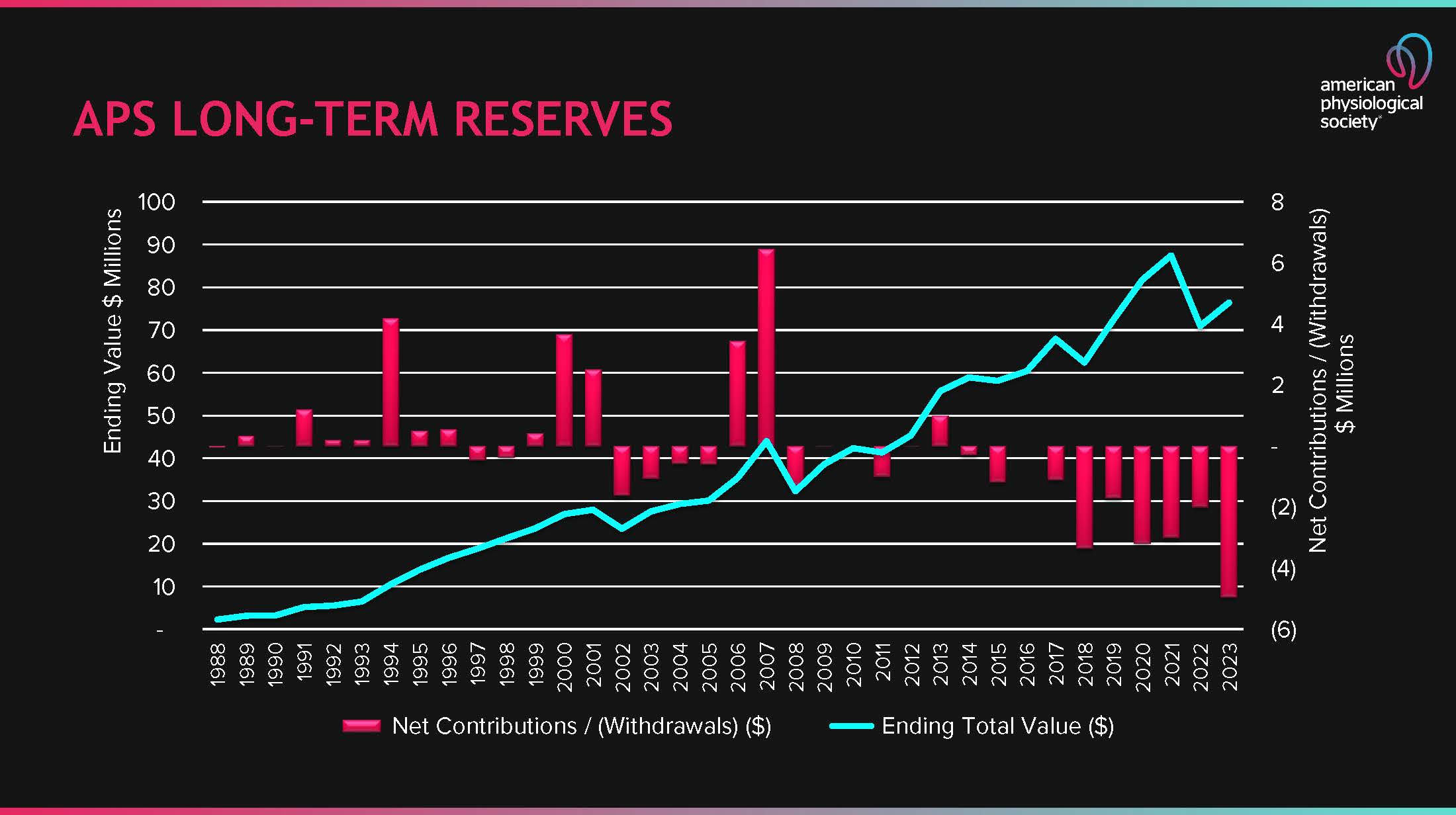- Membership & Community
-
Publications & News
- Physiology Journals
-
Newsroom
-
The Physiologist Magazine
- 2019
- 2020
- 2021
- 2022
- 2023
- 2024
- In Depth
-
Mentoring Forum
- Net Worth
- Take Care
- You … In Charge
- Work. It. Out.
- Working Off-site
- Location, Location, Location?
- Student Support
- Progressing to Postdoc
- Relationship Building
- Let’s Get It Started
- What Do We Value?
- It’s a Postdoc Life
- Coronavirus Contributions
- Creative Communications
- Selection Process
- Conference Connections
- Postdoc Appreciation
- Research Rewards
- Focus on Teaching
- Industry Insights
- Balance Beam
- Post Postdoc
- If You Build It
- Talk It Through
- Forward Bound
- I’ve Earned My PhD. Now What?
- University Life
- Tips for Trainees
- Time Travel
- Prepare Now for the Career You Want
- Landing a Postdoctoral Researcher Position
- Becoming a Physician-Scientist
- Mastering the Art of Science Communication
- Setting Yourself Up for Success in the Lab
- From Postdoc to Professor: Key Strategies for Success
-
Policy IQ
- Policy IQ—2023 in Review: How APS Advocated on Behalf of Physiologists
- Policy IQ—Supporting Equitable Research
- NIH's Road Map to a Better Postdoc Experience
- The Career Path to Science Advocacy
- Culture of Safety: Stopping Sexual Misconduct
- Physiologists Return to Capitol Hill
- Tips for Scientists to Communicate about Animal Research
- Science Advocacy in a New Political Landscape
-
Publish with Polish
- Publish with Polish
- The Layers of Open Science
- Take Your Content From Meeting to Manuscript
- APS Journals to Highlight Women’s Health Research
- What Subscribe to Open Means for APS Members
- The 5 Pillars of Publish with Purpose
- 3 Types of Metadata Researchers Should Know About
- Navigating Open Access and New Licensing Options
- Under the Microscope
- Mentoring Q&A
- Evolution
- Baseline by Scott Steen, CAE, FASAE
- 2025
- Find Us on Social Media
-
The Physiologist Magazine
-
Professional Development
-
Meetings & Events
-
American Physiology Summit
- #APS2024 Overview
- Abstracts
- Awards at the Summit
- Award Lectures
- Career Networking Lunch Form
- Dates and Deadlines
- Advocate for Health Research Funding
- Hotel Information
- Information for International Travelers
- Industry Partners
- Keynote Speaker—James Rothman, PhD
- Keynote Speaker—George Brooks, PhD, FAPS
- Keynote Speaker—Holly Ingraham, PhD
- Mobile App
- NIH and NSF Program Officer Panel Discussion Form
- Physical Poster Information
- PhysioHub
- Pre-Summit Events
- Registration
- Section & Group Banquet Tickets
- Social Events
- Speaker Audiovisual Instructions
- Summit FAQs
- Summit Newsroom
- Travel & Transportation
- Undergraduate Program Book
- Liability Waiver
- Industry Partners
- Martin Frank Diversity Travel Award Orientation Agenda
- Martin Frank Diversity Travel Award Networking Luncheon Agenda
- Women in Physiology Networking Event Agenda
- 2026 American Physiology Summit
- Joseph Erlanger: Pioneering Nerve Research and APS Leadership
-
2023
- APS 2023 Call for Proposals
- Shocklogic Test
- Team 2023 Task Force
- Shaping the Summit
- Schedule at a Glance
- Pre-Summit Events
- Pre-Summit Center for Physiology Education Workshop Registration
- Section & Groups Banquet Tickets
- Pre-Summit Center for Physiology Education Workshop
- Press Registration
- Meet the Organizers
- Keynote Speaker—Terrie Williams, PhD
- Keynote Speaker—David Julius, PhD
- Industry Workshop Information
- Important Dates and Deadlines
- Hotel Information
- Distinguished Lecturers
- Building APS 2023
- Awards at the Summit
- American Physiology Summit Program
- 2024
- Scientific Integrity Policy
- From Concept to Classroom
- New Trends in Sex Differences and Women’s Health Research
- Control of Renal Function in Health and Disease 2026
- Comparative Physiology Conference 2026
- Webinars
- Related Meetings
- Future APS Conferences
- Conference Policies
-
American Physiology Summit
- APS Awards
-
Career & Professional Development
-
Career Gateway
-
Resources
- Transcript—Leading Through Conflict and Difficult Conversations
- Transcript—Managing Conflict with Colleagues
- Transcript—Leading a Team Through Conflict
- Transcript—Providing Difficult Feedback
- Transcript—Team Dynamics and Culture Primer
- Transcript—Building a Team
- Transcript—Leading a Team Assigned to You
- Transcript—Creating a Team Culture
-
Resources
- Career Navigator
- Center for Physiology Education
- Virtual Courses
- Physiology Job Board
- APS Graduate Physiology & Biomedical Science Catalog
-
Career Gateway
-
Meetings & Events
-
Advocacy & Resources
- Policy Areas
-
Resources
- Researcher Resources
- Educator Resources
- Trainee Resources
- Student Resources
-
APS Graduate Physiology & Biomedical Science Catalog
- Des Moines University
- East Tennessee State University
- George Washington University
- Mayo Clinic Graduate School of Biomedical Sciences—Biomedical Engineering & Physiology
- Michigan State University
- New York Medical College
- Nova Southeastern University
- Pennsylvania State University
- Texas A&M University
- Texas A&M University Medical Physiology
- Stony Brook University
- The University of Iowa
- University of Alabama at Birmingham
- University at Buffalo
- University of Colorado
- University of Michigan
- University of Minnesota
- University of Missouri-Biomedical Sciences
- University of Nebraska Medical Center
- University of Nevada, Reno
- University of South Carolina School of Medicine
- University of Tennessee Health Science Center (UTHSC)
- University of Texas Health Science Center
- Virginia Commonwealth University
- Wayne State University
- Physiology Department Catalog Submission Form
- Boston University
- Women's Health Research Initiative
- Career Gateway
- Diversity, Equity & Inclusion
- Advocate for Science
- About APS
Financial Information
The American Physiological Society is committed to transparently sharing our financial reports and information. As a self-publishing society, APS reinvests income back into the research community we serve and the science we support. Here’s a look at the Society’s finances and how revenue is allocated.
Operating Revenue
The Society’s operating revenue, which excludes investment returns and other income not generated from core activities, is earned through numerous Society activities. The relative percentage of each revenue source to total operating revenue for 2023 is noted in the chart. The largest being APS journal subscription revenue, followed by other publication fees such as article and open access fees. Other notable sources of core revenue include contributions and grants, meeting income, including registration and exhibitor fees and membership dues.

Operating Expenses
The Society’s expenses are allocated among the various programmatic and support areas during the preparation of the annual budget, which is approved by the APS Finance & Audit Committee and the APS Board of Directors.

Long-term Reserves
APS continues to strategically redeploy net earnings from publications and returns from our long-term reserves to ensure financial sustainability and support our members and mission-driven initiatives. The Society maintains long-term reserves for three primary purposes:
- APS holds sufficient diversified and liquid funds available for significant and unanticipated expenditures to ensure we can continue operations even in times of economic uncertainty.
- The APS Board of Directors has designated a portion of the reserves to support important strategic initiatives and endowed programs.
- The Board has established a spending policy that enables some portion of the reserves to be used to support the general operating budget of the Society.
The Society’s long-term reserves are reported on the balance sheet and the returns are reported in the statements of activities and consists of interest and dividend income, plus realized and unrealized capital gains and losses, less external and direct internal investment expense. The reserves portfolio is well-diversified and monitored by the Finance & Audit Committee. Historical balances, contributions, and withdrawals are detailed below:

APS Financial Reports
APS statements of net assets and related statements of income, expenditures and fund capital are audited annually by an independent certified public accountant (CPA) auditing firm. Financial reports are audited by an independent audit firm in accordance with auditing standards generally accepted in the United States of America. The 2023 audit included the financial statements of APS, which comprise the statements of financial position as of Dec. 31, 2023, and 2022; the related statements of activities, functional expenses, and cash flows for the years then ended; and the related notes to the financial statements.
IRS 990 Filings
APS is a tax-exempt organization and must file an annual information return or notice with the IRS. As a 501(c)(3) organization, APS is required to file a Form 990 annually. To receive a copy of the latest Form 990 filing for APS, contact us at 1-844-526-1700
with your name and mailing address.
Subscribe to Open
As a non-profit organization that publishes 16 highly respected journals, APS is committed to championing the discipline of physiology by extending the reach of physiological science around the world. By adopting the Subscribe to Open (S20) model, APS will connect all communities in the scholarly ecosystem, including members, authors, funders, libraries and subscribing institutions who support the foundations of scientific discovery and dissemination.

